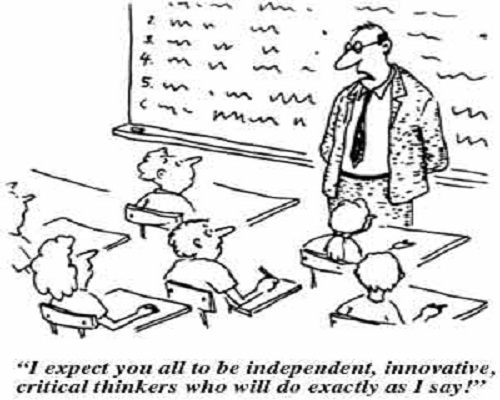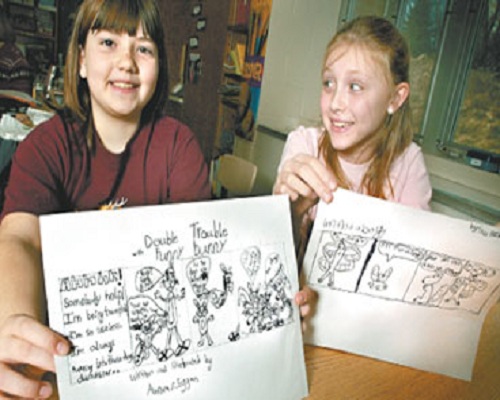Development Chart: Speech and Language from 3rd – 5th Grade
As a parent, it’s all too easy to catch yourself comparing your child to other children. “My daughter is much more mature than her friends… If only my son were more interested in sports…” And if your kidling is younger, you’ll likely compare him to charts. You’ll compare his height to growth charts and his cognitive abilities to a development chart. A development chart can be useful for tracking your child’s speech and language development.
However, it’s important to avoid overreacting if your child appears to be lagging a bit behind for his peer group. Every child is unique. Being a little behind the targets on the development chart does not automatically mean that your child has a speech disorder or delay. However, it’s always best to schedule an evaluation by a speech-language pathologist (SLP) to be on the safe side. If your child does need a little extra help, he’ll benefit the most from speech therapy earlier rather than later. There are many speech therapy techniques that can help your child, such as Speech Buddies for articulation practice.
What Your Child Should Know in 3rd Grade
Third grade is the time that children typically begin to solve more complicated problems. Teachers encourage critical thinking and children begin to work independently. A third grader should have more of a firm grasp on reading skills. They should be able to discuss the material and extrapolate ideas and questions from it. As well, third graders will strengthen their organization skills. Writing should demonstrate a grasp of structure, and teachers will introduce the processes of planning, revising, and editing. Students should be able to spell many simple words and know how to use a dictionary for spelling.
Many children struggle with their attention spans, but a third grader should be able to listen more attentively and understand age-appropriate material (i.e. receptive language skills). Third graders should also be able to speak clearly with an appropriate tone and pitch. They should be able to take turns appropriately in a conversation and maintain eye contact (i.e. pragmatic language skills). They should also be able to offer an oral summary of a story and be able to explain what they learned.
What Your Child Should Know in 4th Grade
Fourth graders will likely notice that school gets a little more challenging. They are expected to work independently, keep track of their own assignments, and follow directions that require long-range planning. You can help make fourth grade a little easier for your child by encouraging regular reading of age-appropriate material. Fourth graders are expected to know how to read for specific purposes (i.e. finding information for a report) and to use reference materials. They are expected to be able to paraphrase what they read, cross-reference information across different subject areas, and take brief notes.
Writing skills improve as well. A development chart for fourth grade will state that they should demonstrate planning and organization and use writing to convey a main idea. Fourth graders should be able to participate in group discussions, give instructions, make oral presentations, and understand some figurative language.
What Your Child Should Know in 5th Grade
In 5th grade, children typically begin to value their social lives much more. Make sure your child stays on track academically by designating set times for homework, studying, and speech therapy. Fifth graders should hone the skills they previously learned, such as listening effectively to conversations and forming opinions based on the information. They will begin to express themselves more effectively and learn how to plan oral presentations. Students should know how to talk about the main points of a subject area. Appropriate pragmatic language skills should also be used, such as the use of facial expressions, eye contact, gestures, and tone of voice.
Fifth graders should also read a variety of age-appropriate materials, including different literary forms. They should be able to analyze language, discuss plot and character development, and infer the meanings of words by analyzing suffixes, prefixes, and root words. Fifth graders will also begin to explore different sentence structures, use an effective vocabulary, and write for a variety of purposes.





